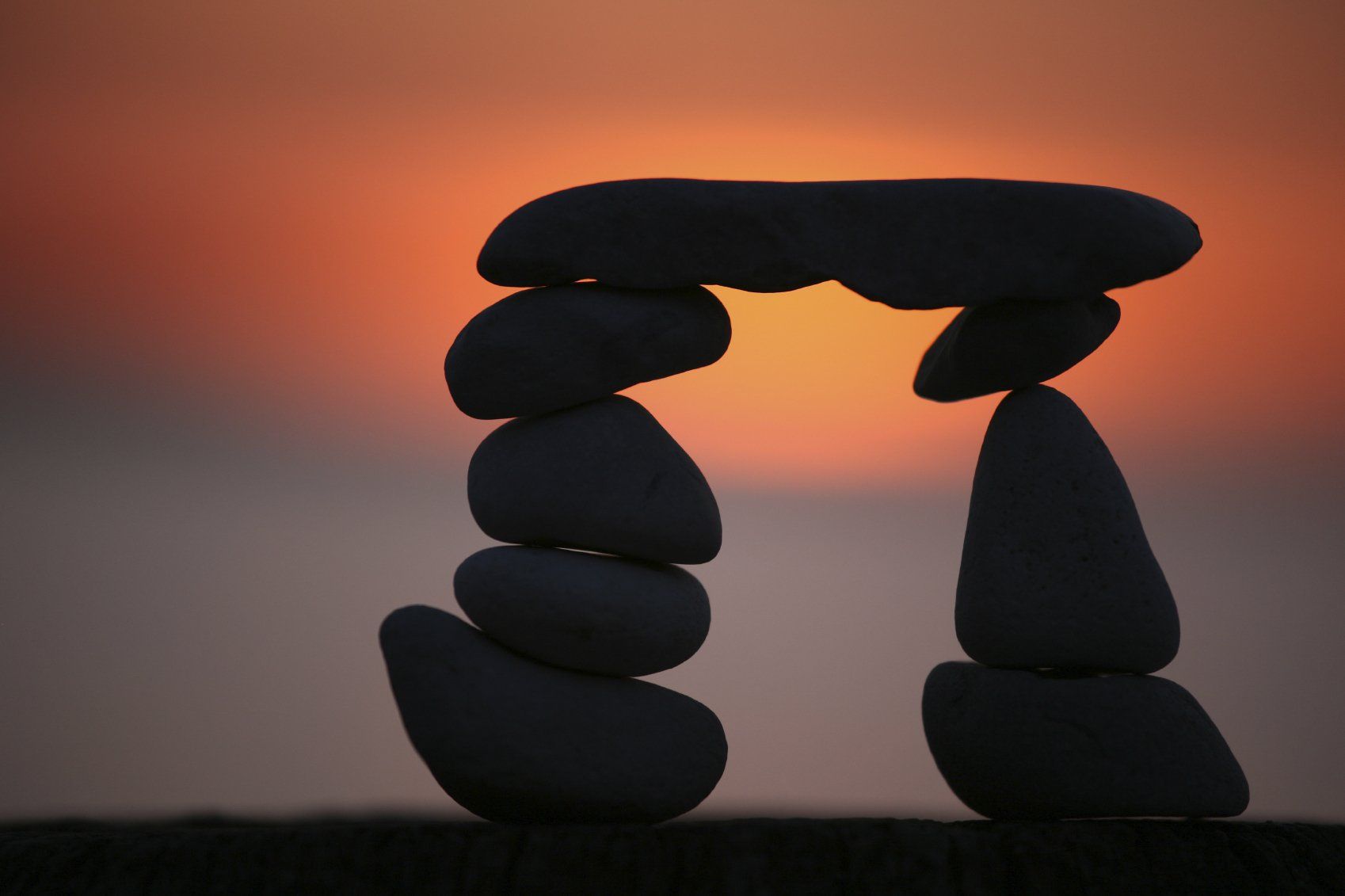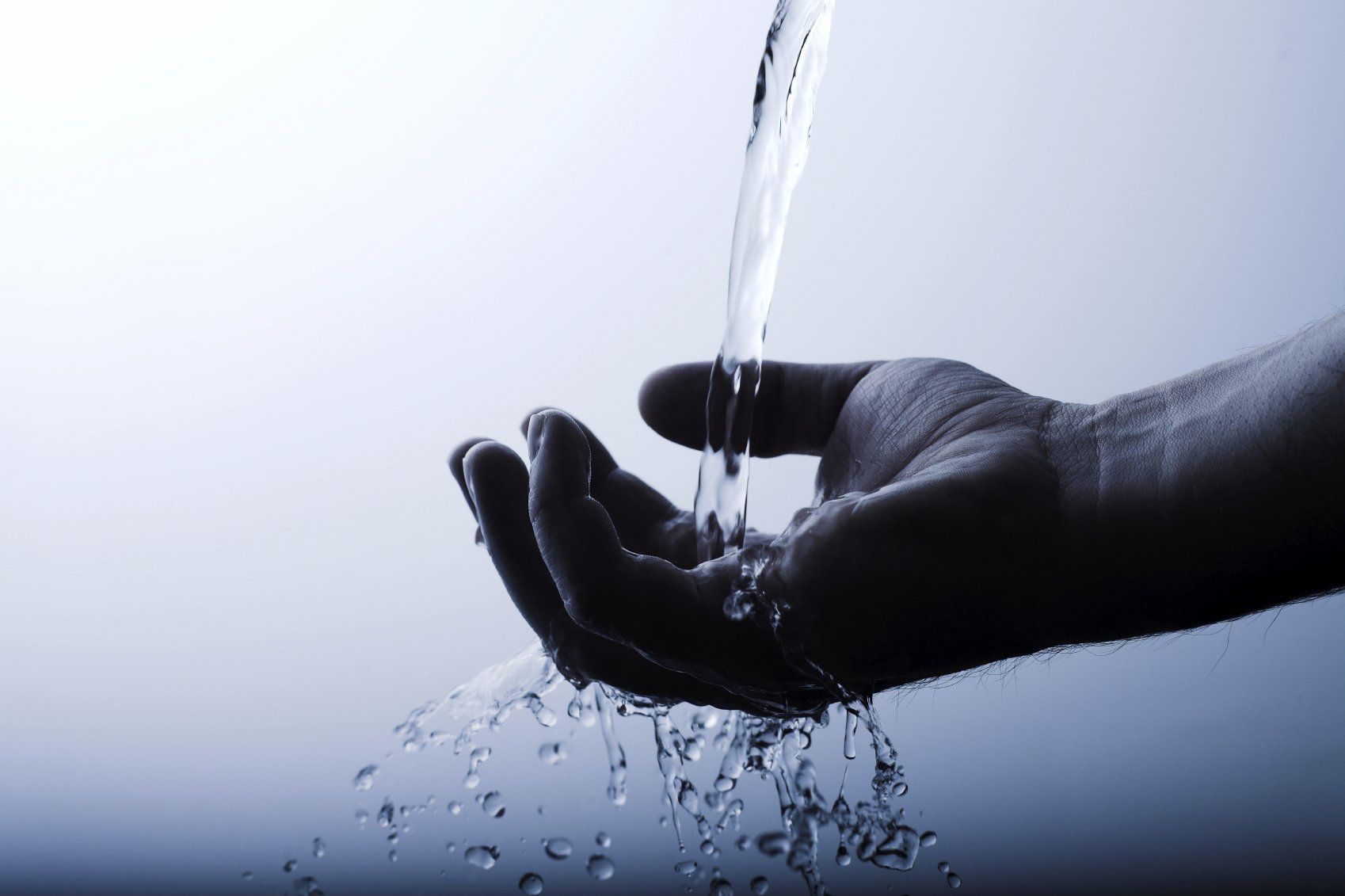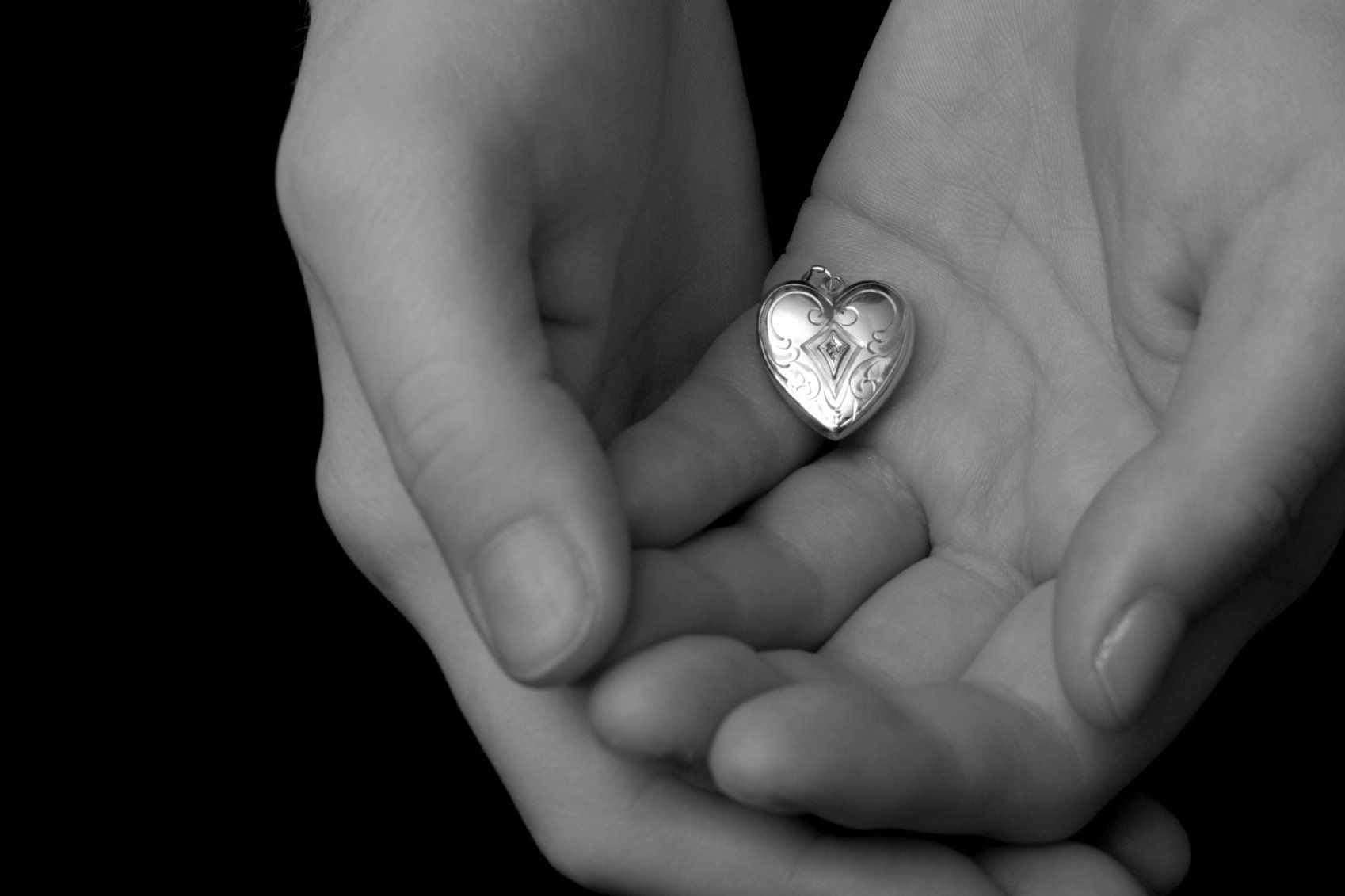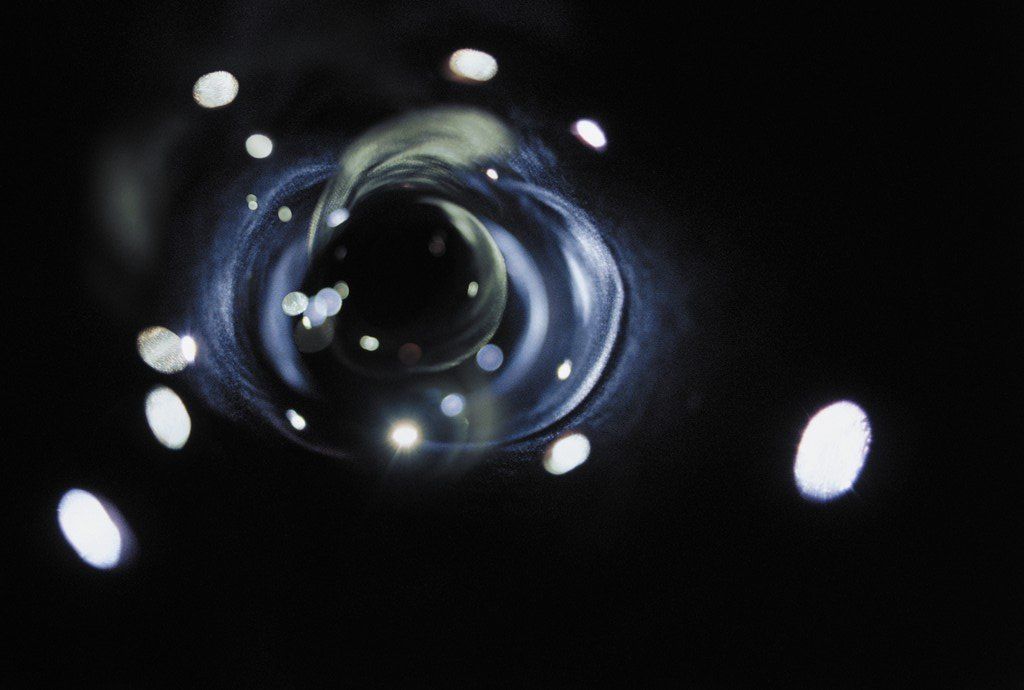Why Does Family Planning Fall Squarely On The Female's Shoulders?
For as long as I can remember, the responsibility of childbearing, preventing or aborting a pregnancy has fallen squarely only on the female body! As in, from the beginning of humanity, since males and females began walking this earth, the female body has been ‘blessed’ with the role of choice: to bring or not bring another life into this world. That’s how we are created and that’s how it’s always going to be.
As a mom, I can confidently say that being pregnant and birthing two humans has, hands up, been the best experience of my life! While I am not complaining about my contribution to the human population, after several discussions with many women, I couldn’t help but notice a trend which is why I ask the question in the title of this post.
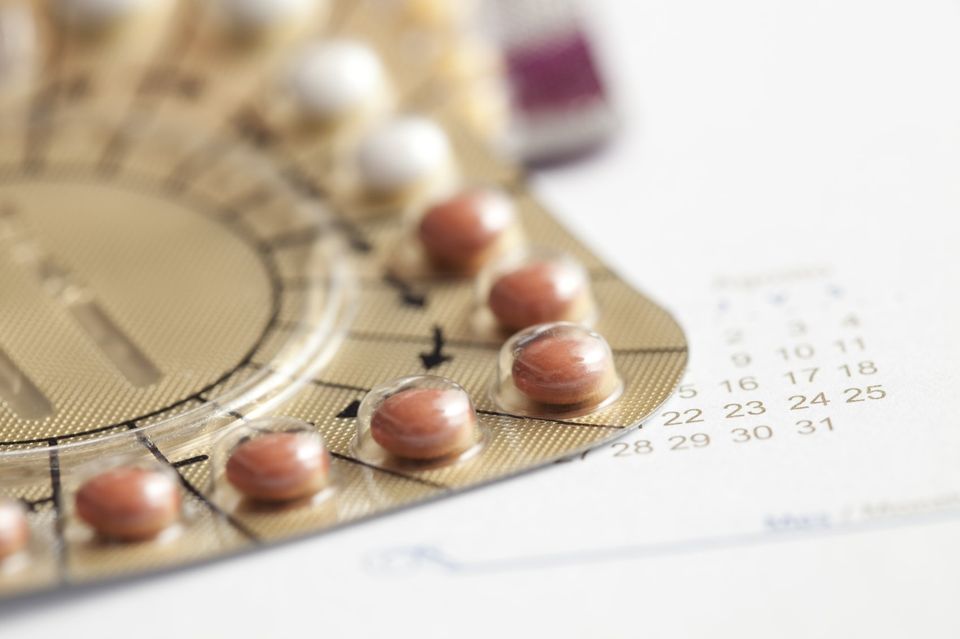
From a tender age, the female body undergoes tremendous hormonal changes and it will remain so for almost the rest of her life. Have you considered this too? If not, let's break it down together:
- As soon as a girl (often times around the age of 11 – 16) starts her monthly menstrual period, the idea of contraceptives—primarily birth control pills—is usually considered. As a female who once dallied with contraceptives and experienced unpleasant (and this is putting it mildly) side effects such as mood swings, depressive symptoms, significant weight gain, I can’t imagine these side effects on a young female’s body. Yet, society readily accepts exposing young females to these artificial hormones. Why? If we really explore the reasons, we find out that birth control pills are given primarily to prevent pregnancy should a young girl become sexually active. Interestingly, her counterpart (after all, it takes two to tango, right?)—the boy with whom she becomes sexually active—has slim to zero responsibility (besides considering the use of a condom) in ensuring their safety from unwanted pregnancy. It has, somehow become a norm in our society to intuitively place such enormous responsibility on a young female’s body. It seems that we are somehow telling her body that it is faulty for having the potential to give life even from a young age. And so, we collectively—as a society—create something (contraceptives) with potentially harmful effects and smile as we give them to our young female bodies.
- Today, you will hardly find a young adult female without some form of contraceptive. And I’m talking about something hormonal, something artificial added to her body on a daily or monthly basis. Whether it’s the typical birth control pills, IUDs, vaginal rings, injections, patches, etc., these artificial hormones are almost part of a woman daily existence in addition to the natural hormones raging through her body. On the other side of the spectrum, hardly would you find a young adult male with ANY form of contraception beyond condoms—latex covering to wear just before a sexual act and toss right after the act is done. That’s it! There are no side effects, no hormonal changes to his body, nothing! Zilch! Nada! Zero! What are we teaching our young girls?
- During my pregnancies, I realized that my body was essentially regulating hormones for approximately 40 weeks! So in addition to amazingly incubating another life, I had to experience and pay close attention to my body’s daily response to the influx of hormones, all the while navigating other aspects of life. After I discovered my first pregnancy, I was so elated and relieved to not have a monthly period for the next nine months but of course not having a monthly period was replaced by the conundrum of pregnancy. And that was quickly replaced sheer joy once the baby arrived. But of course, once the baby arrives, you soon realize there are a whole lot of new experiences. Take for example breastfeeding. No one can fully understand every woman’s unique experience with breastfeeding. While science tries to explain the general process but I think breastfeeding is so personalized that every woman has her own unique encounter. Generally, breastfeeding is a boatload of hormones regulation to ensure this new life you’ve incubated gets the best nutrition. This process creates enormous physiological changes in the female’s body that is not regularly acknowledged in the society today. I’m going to pause right now and shout this out: FOR EVERY WOMAN WHO HAS BIRTH A CHILD, WHETHER YOU BREASTFED OR NOT, I SALUTE YOU RIGHT NOW!
- Funny (or not funny), when we returned to the doctor for my six weeks postpartum checkup, my doctor intuitively asked ONLY ME if I was considering contraceptives since we were not ready for another baby! If I received a dollar from every woman that shares this experience, I think I’d have perhaps two mansions in Potomac, Maryland. Alas! Between having multiple children, consider the enormous cycle of hormone regulation the female body endures. Yet, this body is called upon to carry the burden day in, day out while her spouse/partner practically lives unchanged—hormonally at least.
- The three popular forms of contraception for men: Condoms, withdrawal method or Vasectomy. Both have zero hormonal effects on the male body! While condoms are used just before intercourse, vasectomy is a permanent procedure that greatly reduces the chance of pregnancy. Recently, the Mayo Clinic conducted a study and concluded that approximately 10% of men in their reproductive years get a vasectomy. This means that of those other 90% of men, those who are heterosexual—have a female sex partner—are depending on condoms or withdrawal to prevent pregnancy. We know how that goes!
- Most men—African men especially, tenaciously—frown upon the idea of vasectomy while women are more likely encouraged to get tubal ligation or hysterectomy even after enduring years of hormonal changes. Why is this?
Personally, I have a difficult time accepting the use of contraceptives in young girls. Let’s be honest, 95% of the time, the justification for such is simply to prevent pregnancy. I find it troubling that we lay such huge responsibility on our young girls while their counterparts gallivant with slim to zero consequences. But more troubling is the societal acceptance that family planning (preventing unwanted pregnancies) fall squarely—okay mostly squarely—on the woman’s shoulders.
What’s your take on this topic?
Shalom.
